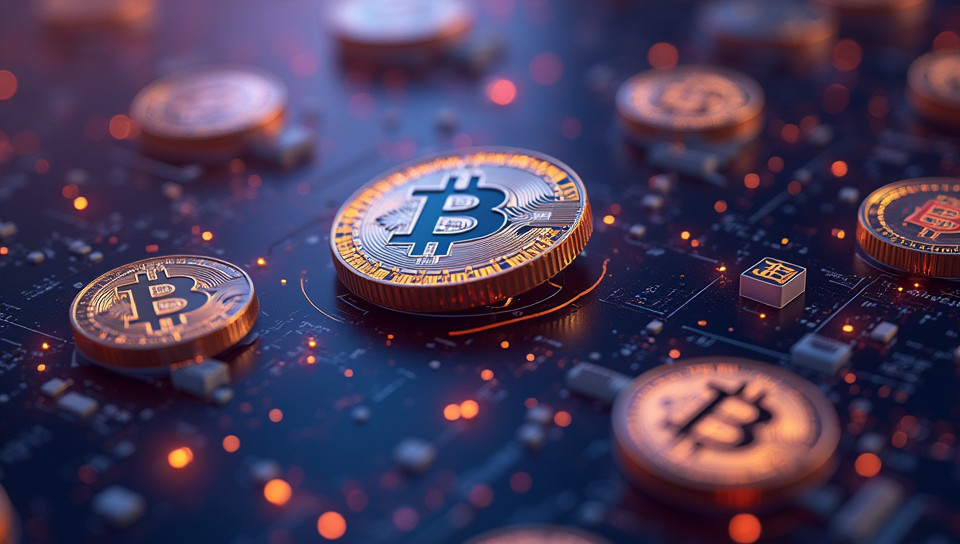NFT marketplaces let creators sell their tokens 61%
Truth rate:

Pros: 4
Cons: 6
Refs: 0
Info:
- Created by: Xīnyí Wong
- Created at: Sept. 24, 2024, 10:38 p.m.
- ID: 10715
Related:
